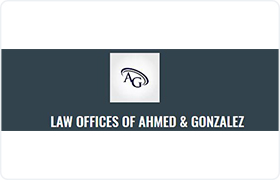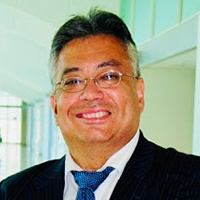Bronx County, NY White Collar Crime Lawyers
Sponsored Law Firm
-
 x
x

Click For More Info:
-
Law Offices of Ahmed & Gonzalez
1424 Zerega Ave Bronx, NY 10462» view mapCriminal Defense Your Strategic Partner
Law Offices of Ahmed & Gonzalez has been advising on a variety of Criminal Law matters and are involved in some of the most complex criminal matters.
800-923-7501
Yaniv Lavy
International, Immigration, White Collar Crime, Criminal, Personal Injury
Status: In Good Standing
 Cesar Gonzalez Jr. Bronx, NY
Cesar Gonzalez Jr. Bronx, NY Practice AreasExpertise
Practice AreasExpertise
